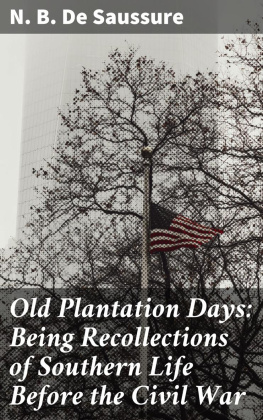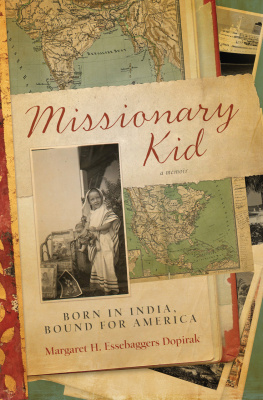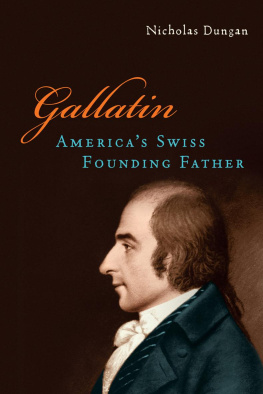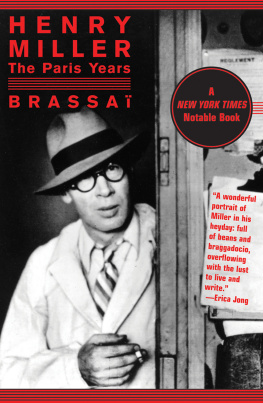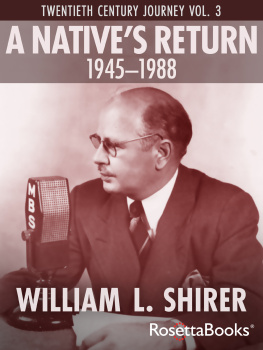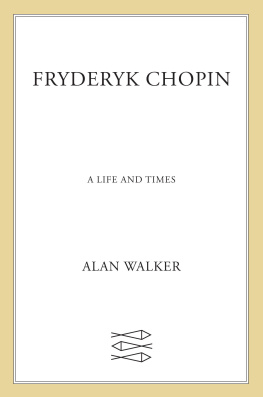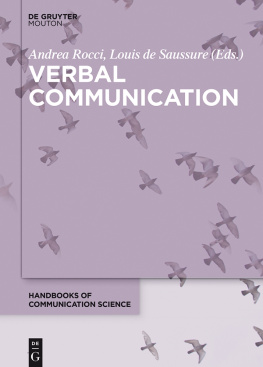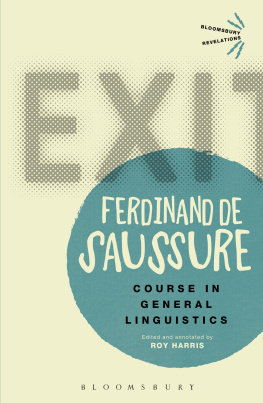Saussure Ferdinand de - Saussure
Here you can read online Saussure Ferdinand de - Saussure full text of the book (entire story) in english for free. Download pdf and epub, get meaning, cover and reviews about this ebook. City: Oxford, year: 2012, publisher: Oxford University Press, genre: Detective and thriller. Description of the work, (preface) as well as reviews are available. Best literature library LitArk.com created for fans of good reading and offers a wide selection of genres:
Romance novel
Science fiction
Adventure
Detective
Science
History
Home and family
Prose
Art
Politics
Computer
Non-fiction
Religion
Business
Children
Humor
Choose a favorite category and find really read worthwhile books. Enjoy immersion in the world of imagination, feel the emotions of the characters or learn something new for yourself, make an fascinating discovery.

- Book:Saussure
- Author:
- Publisher:Oxford University Press
- Genre:
- Year:2012
- City:Oxford
- Rating:5 / 5
- Favourites:Add to favourites
- Your mark:
- 100
- 1
- 2
- 3
- 4
- 5
Saussure: summary, description and annotation
We offer to read an annotation, description, summary or preface (depends on what the author of the book "Saussure" wrote himself). If you haven't found the necessary information about the book — write in the comments, we will try to find it.
Saussure — read online for free the complete book (whole text) full work
Below is the text of the book, divided by pages. System saving the place of the last page read, allows you to conveniently read the book "Saussure" online for free, without having to search again every time where you left off. Put a bookmark, and you can go to the page where you finished reading at any time.
Font size:
Interval:
Bookmark:
SAUSSURE
John E. Joseph


Great Clarendon Street, Oxford, OX2 6DP,
United Kingdom
Oxford University Press is a department of the University of Oxford.
It furthers the Universitys objective of excellence in research, scholarship, and education by publishing worldwide. Oxford is a registered trade mark of Oxford University Press in the UK and in certain other countries
John E. Joseph 2012
The moral rights of the author have been asserted
First Edition published in 2012
Impression: 1
All rights reserved. No part of this publication may be reproduced, stored in a retrieval system, or transmitted, in any form or by any means, without the prior permission in writing of Oxford University Press, or as expressly permitted by law, by licence or under terms agreed with the appropriate reprographics rights organization. Enquiries concerning reproduction outside the scope of the above should be sent to the Rights Department, Oxford University Press, at the address above
You must not circulate this work in any other form and you must impose this same condition on any acquirer British Library Cataloguing in Publication Data
Data available
Library of Congress Cataloguing in Publication Data
Data available
ISBN 9780199695652
Printed in Great Britain
on acid-free paper by
MPG Books Group, Bodmin and Kings Lynn
I am profoundly indebted to dozens of people who helped me in large and small ways to write this book. Four debts of thanks in particular head the list. Without the awarding of a Major Research Fellowship for this project by the Leverhulme Trust there would be no book. I could never have spent the necessary time in Geneva or travelled to other places where Saussure lived or where papers of his are kept, or had the time and spiritual energy to absorb all that I still needed to learn, even after thirty-five years of reading Saussure and nearly thirty years of writing about him.
The staff of the Dpartement dArchives et Manuscrits of the Bibliothque de Genve, led by Barbara Roth-Lochner, have been unfailingly helpful; their devotion to the preservation of the materials they hold has not left them unwilling to listen to a reason for massaging the rules slightly when it might mean coming to a better understanding of those materials. That is the approach one dreams of finding in an archive staff.
The community of Saussurean scholars has long enjoyed a certain reputation for fractiousness, but it is only because of our passion for the beauty and elegance of Saussures ideas, and our love for a man whom we all feel that we know, though we have in fact largely constructed him in our own image. Some decades back, E. F. K. Koerner undertook an important early attempt at an overarching study of Saussure within the context of nineteenth- and twentieth-century linguisticsthen became the target for attacks by certain more senior scholars whose pretended historical expertise he exposed. Having had the good fortune to be his friend for a quarter of a century, I have had ample opportunity to see him demonstrate his honesty and generosity, particularly to talented young people entering the field of linguistics. In researching and writing this book I have always known that I could count on him for help and support, which was particularly vital when it came to understanding Saussures relationship with his German predecessors and contemporaries. The conclusions I have come to are not always ones he agrees with; occasionally I sense that they have even left him feeling somewhat wounded, yet his friendship is always steadfast.
The fourth of my major debts is to my family, whose lives have largely had to revolve around my single-minded devotion to this book. My wife, Jeannette, has faced the curious situation of feeling jealous of the untold hours I spent with a man who has been dead for nearly a century. Our children, Julian, Crispin, and Maud, struggle to remember a time when I was not working on the biography. Their love and support during our summer holidays in Geneva were unstinting, and have, I hope, left them with memories as warm as my ownfor instance of that afternoon we spent at the Cemetery of Genthod with the children rewarded with a Swiss franc for each Saussure family tombstone they found. Alas, my own father, John, died during the time I was working on the book, for which he is largely responsible, since I could not have managed such an undertaking without the example he showed me from childhood onwards of someone who was never afraid of sheer hard work. My cousin Mary Ann Byers is another such person, and the care she took of my father during his declining years, and the help she has given selflessly to me, will never be forgotten.
But even these institutions and individuals alone could not have seen me through. The University of Edinburgh has been unfailingly supportive. The archivists at Houghton Library Harvard were very helpful with providing access to the Saussure papers which they hold. Individual Saussure scholars and other historians of linguistics have always shown themselves generous with information, and although I cannot give an exhaustive list, I have to single out for thanks Ren Amacker, Michel Arriv, R. E. Asher, Gabriel Bergougnioux, Simon Bouquet, Marie-Claude Capt-Artaud, Jean-Claude Chevalier, Alessandro Chidichimo, Jonathan Culler, Loc Depecker, the late Rudolf Engler, Claire Forel, Anne-Marie Frba-Reber, Daniele Gambarara, Sir David Gilmour, W. Terrence Gordon, Frans Gregersen, Laura Gressani, Geoffrey Galt Harpham, Roy Harris, Brian D. Joseph, Douglas A. Kibbee, Carita Klippi, Frederik Kortland, Michael MacMahon, Maria Pia Marchese, Claudia Meja Quijano, Valelia Muni Toke, Claudine Normand, Daniel Petit, Christian Puech, Geoffrey K. Pullum, Fabienne Reboul, E. Wyn Roberts, Carol Sanders, Jean-Bndict de Saussure, Hans Saussy, Patrick Sriot, Estanislao Sofia, Ronald de Sousa, Giedrius Subacius, Talbot J. Taylor, Pierre-Yves Testenoire, Margaret Thomas, Simon Trpanier, Jean Verrier, and the late George Wolf. John Davey and the staff at Oxford University Press have been a pleasure to work with throughout.
I have tried to balance my responsibilities towards my readers, who deserve accuracy and the closest possible approximation to truth, and towards my subject and his family, who deserve decency and respect for their feelings in the face of the sometimes difficult and painful things that archival research inevitably turns up. During the period of doing this research I happen to have learned that my own maternal grandfather died in a mental asylum. This happened before I was born and, while I am not ashamed of it, I can appreciate the pain that caused my grandmother, mother, and aunts never to speak of it for the rest of their lives. In the case of Ferdinand de Saussure, I have undertaken no whitewash: but the fact is that certain rumours that have circulated about him for decades are actually far worse than what emerges from the documentary record. That, fortunately, has made my work less difficult than it might otherwise have been.
THE WORLD INTO WHICH HE WAS BORN
RISING TO PROMINENCE
T HERE has never been a Swiss people who share a national character. As Napoleon put it,
Switzerland resembles no other state, whether in its history over the last several centuries, its geographical situation, its different languages, its different religions, or the extreme cultural difference that exists among its different parts. Nature has made your state a federal one, and the man would be unwise who wished to conquer it. [] Your countrys neutrality, the prosperity of your commerce and a family administration are the only things that can bring your people together and keep them together.
Next pageFont size:
Interval:
Bookmark:
Similar books «Saussure»
Look at similar books to Saussure. We have selected literature similar in name and meaning in the hope of providing readers with more options to find new, interesting, not yet read works.
Discussion, reviews of the book Saussure and just readers' own opinions. Leave your comments, write what you think about the work, its meaning or the main characters. Specify what exactly you liked and what you didn't like, and why you think so.


